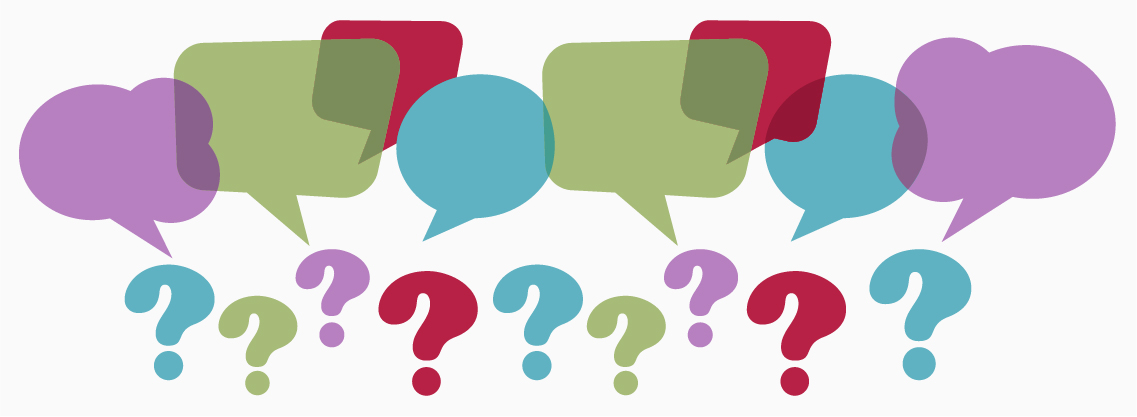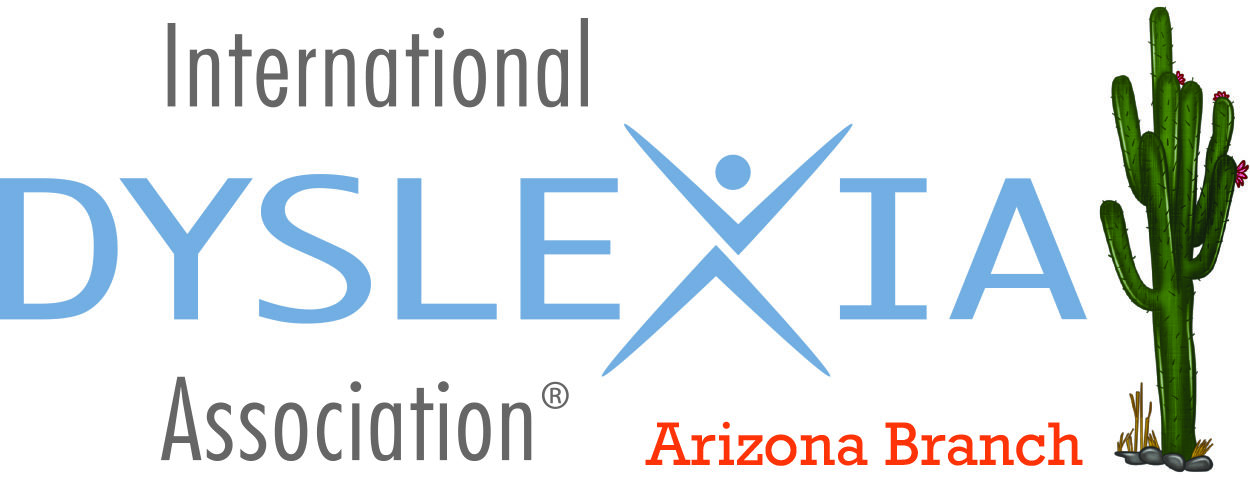
Do I Have Dyslexia?
Self-Assessment Tool
Fran Levin Bowman, Ed.D. & Vincent Culotta, Ph.D., Copyright, 2010, All Rights Reserved
Dyslexia affects up to 20 percent of the population (that’s 1 in 5 people!), many of whom remain undiagnosed and receive little or no intervention services. For some individuals who have never been diagnosed, dyslexia is a hidden disability that may result in underemployment, difficulty navigating academic environments, difficulty on the job, and reduced self-confidence. Even those diagnosed are likely to struggle with reading or writing in some aspects of their lives. Dyslexia is a specific reading disorder and does not reflect low intelligence. There are many bright and creative dyslexic dyslexia who never learn to read, write, and/or spell at a level consistent with their intellectual ability. Do you think you may have dyslexia? Please complete the brief 10-question self-assessment questionnaire below.
Dyslexia Self-Assessment for Adults
- Do you read slowly?
- Did you have trouble learning how to read when you were in school?
- Do you often have to read something two or three times before it makes sense?
- Are you uncomfortable reading out loud?
- Do you omit, transpose, or add letters when you are reading or writing?
- Do you find you still have spelling mistakes in your writing even after Spell Check?
- Do you find it difficult to pronounce uncommon multi-syllable words when you are reading?
- Do you choose to read magazines or short articles rather than longer books and novels?
- When you were in school, did you find it extremely difficult to learn a foreign language?
- Do you avoid work projects or courses that require extensive reading?
Self-Assessment Tool, Fran Levin Bowman, Ed.D. & Vincent Culotta, Ph.D., Copyright, 2010, All Rights Reserved
If you yes to seven or more of these questions, this may indicate dyslexia. Consider seeking consultation from a specialist or a formal diagnostic assessment from a qualified examiner.
Click here for additional self-assessment tools specific to preschoolers, school-age children, and adults.
To find a potential resource in your area, click here to search from a list of providers.
Share this page with your friends…

